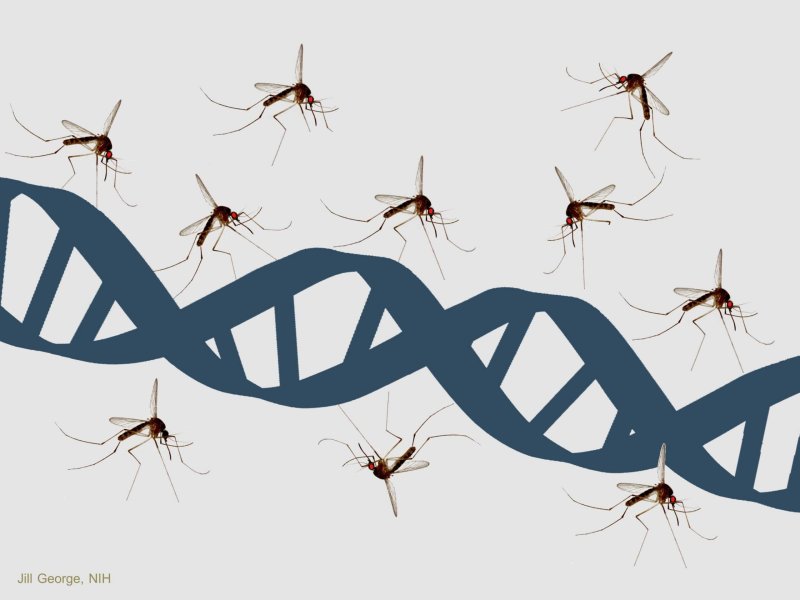The high number of malaria cases continues to be registered even though several efforts have been put in place towards malaria eradication. It is for this reason scientists and researchers are assessing the use of new tools to edit the genes of malaria-transmitting mosquitoes as they try to come up with a long-lasting solution towards control and elimination of this disease.
“The war against malaria has been ongoing for decades. It has led to the development of several interventions strategies, such as antimalarial drugs, insecticide-treated nets, and vaccines among others. However, despite all the interventions, the disease has not been eradicated because there are increased cases of insecticide resistance in mosquitoes, which pose a significant public health concern,” says Dr Willy Kiprotich Tonui, EBS, the Chairman and Executive Director at the Environmental Health Safety (EHS) Consultancy Limited who also doubles up as the Founder and Head of Secretariat to African Genetic Biocontrol Consortium.
He says scientists are working day and night to see how genetic modification using gene drive technologies can be used to reduce malaria transmission in Africa by suppressing or modifying vector populations. This technology relies on the gene-editing tool CRISPR and some bits of RNA to alter or silence a specific gene or insert a new one.































